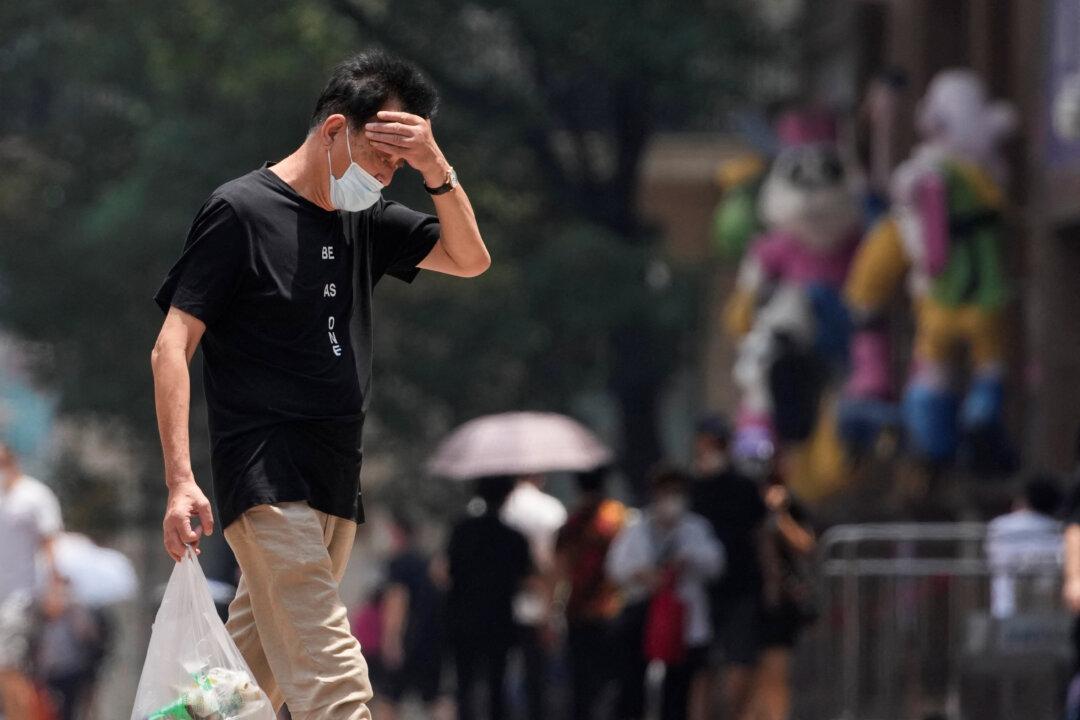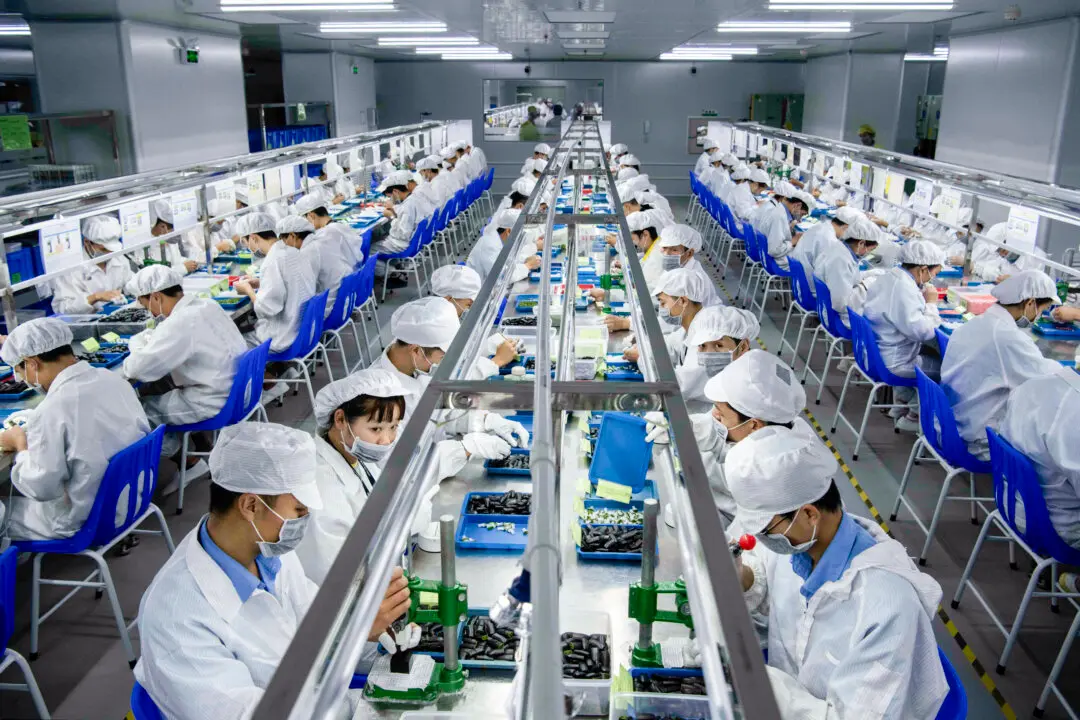A scorching heat wave has blanketed China, resulting in at least two people dying of heat stroke and pushing the electricity load to all-time highs. Authorities in manufacturing centers have also begun restricting power consumption for some factories.
As of July 12, heat waves have affected more than 900 million residents, according to the country’s national climate center. As many as 71 weather stations reported temperatures that surpassed all-time records, it stated.




